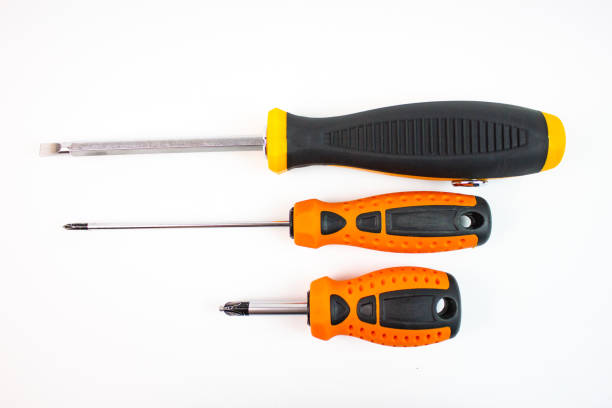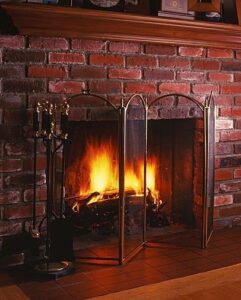Every DIY enthusiast knows that having the right tools is essential for any home improvement project. Among these tools, one of the most fundamental yet vital is the screwdriver. Whether you are assembling furniture, fixing a loose cabinet door, or tackling more complex tasks, the screwdriver is your trusty companion. In this article, we will explore the various types of screwdrivers, their uses, and some handy tips for choosing the right one for your needs.
Understanding the Different Types of Screwdrivers
When it comes to screwdrivers, not all are created equal. Different types serve different purposes, and knowing which one to use can save you time and frustration. Let’s break down the most common types:
Flathead Screwdrivers
- The flathead screwdriver features a single flat blade, making it ideal for slotted screws.
- These are commonly used in construction and electronics, where simple screws are prevalent.
- Using the wrong size flathead can strip the screw, so always match the blade width to the screw head.
Phillips Screwdrivers
- The Phillips screwdriver has a head shaped like a cross, designed to fit into Phillips screws.
- These screws are popular in household items, as they provide better grip and torque.
- It is essential to use the correct size Phillips screwdriver; otherwise, you risk damaging the screw head.
Torx Screwdrivers
- Torx screwdrivers have a star-shaped pattern that allows for greater torque and less slipping.
- They are commonly used in automotive and electronics where reliability is crucial.
- Using a Torx screwdriver will prevent stripping, making your work more efficient.
Hex Screwdrivers
- Hex screwdrivers are designed for hexagonal screws, frequently found in furniture assembly.
- These screwdrivers are also known as Allen wrenches, and they come in various sizes.
- Always ensure you have the correct size to avoid damaging the screw.
Choosing the Right Screwdriver
Now that you are familiar with the types of screwdrivers, how do you choose the right one? Here are some practical tips:
Consider the Task
Understanding the specific task at hand is crucial. Are you assembling a new desk? A flathead or Phillips might be your best bet. For electronics, you might need a precision screwdriver set.
Quality Matters
Investing in high-quality screwdrivers can make a significant difference. Cheap tools may save you money upfront, but they often wear out quickly and can lead to stripped screws or damaged materials.
Ergonomics and Comfort
When selecting a screwdriver, consider the handle design. A comfortable grip can help reduce hand fatigue, especially during prolonged use. Look for tools with rubberized or cushioned handles.
Common Mistakes to Avoid
Even seasoned DIYers can make mistakes when using screwdrivers. Here are some common pitfalls to avoid:
Using the Wrong Size
Using a screwdriver that doesn’t fit the screw properly can lead to stripped heads and frustration. Always double-check your tools before starting a project.
Over-Tightening Screws
It’s easy to get carried away when tightening screws. Over-tightening can damage the material and compromise the integrity of your work. Always apply firm but gentle pressure.
Neglecting Maintenance
Like any tool, screwdrivers require maintenance. Keep them clean and free of rust, and regularly check for wear. A well-maintained screwdriver can last for years.
Frequently Asked Questions
What is the most common type of screwdriver?
The Phillips screwdriver is one of the most commonly used types due to its versatility and effectiveness in various applications.
How do I know which screwdriver size to use?
Always match the screwdriver size to the screw head. If the screwdriver is too large, it won’t fit, and if it’s too small, it can strip the screw.
Can I use a flathead screwdriver on Phillips screws?
While it’s possible, it’s not advisable. Using the wrong screwdriver can damage the screw and make it difficult to remove later.
Are electric screwdrivers worth it?
Electric screwdrivers can save time and effort, especially for larger projects. However, for small tasks, a manual screwdriver may be sufficient.
Conclusion
In summary, a screwdriver is an essential tool that every homeowner should have. By understanding the different types, how to choose the right one, and avoiding common mistakes, you can enhance your DIY skills and tackle projects with confidence. Remember, whether you are a professional handyman or a weekend warrior, having the right screwdriver at your side can make all the difference!






